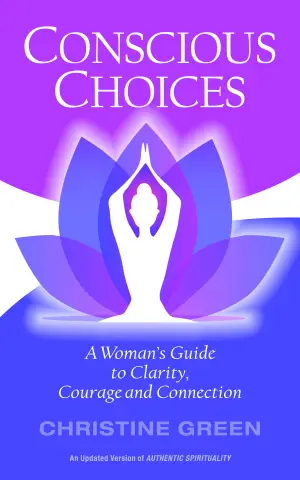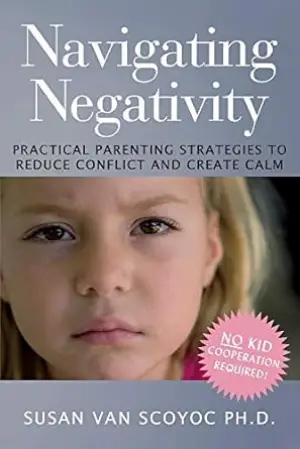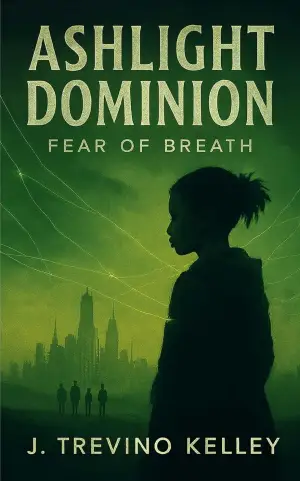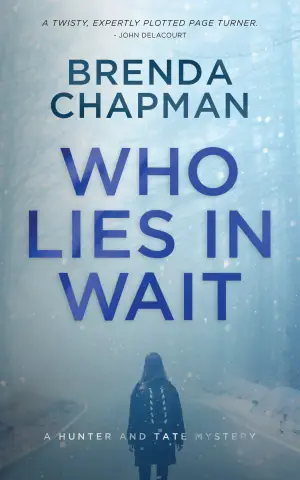As a devoted reader with a penchant for contemporary fiction, I was drawn to Lorrie Moore’s Self Help after hearing about her unique storytelling style. The book’s blend of humor and poignant reflections on human relationships promised to be an engaging exploration of modern life, and I was eager to soak in the narratives. Having read her stories, I can confidently say that this collection of nine tales is exactly that—a funny, cohesive, and moving exploration of loss, love, and the complexities of human connection.
Moore’s stories tackle a variety of themes, such as navigating affairs, the fallout of divorce, and even the reflections of a woman undergoing the end of life. The way she captures life’s little moments, infused with sharp humor and emotional depth, makes her writing truly compelling. Diana Maria Nemi perfectly articulated this sentiment, noting that Moore’s work resonates deeply with personal transitions, especially in the context of contemporary culture. Indeed, reading Moore feels like an invitation to reflect on our own struggles and triumphs, particularly as she breaks down familiar relational dynamics.
What stood out to me was the dark hilarity that permeated many stories. I found myself laughing and crying simultaneously, a testament to Moore’s ability to weave humor into heart-wrenching situations. Kara’s review encapsulates this experience well—one moment I was chuckling at the sharp wit, and the next, I was reflecting on the profundity of loss. Moore captures these dualities beautifully, often revealing the absurdity of life amidst its challenges.
However, while I found the prose captivating, I also encountered some pacing issues, which others have acknowledged. In the midst of such emotional richness, there were moments where the narrative felt sluggish, momentarily pulling me out of the otherwise engaging flow. This inconsistency can leave readers wishing for a tighter structure. Additionally, I found that some stories leaned heavily into darker themes, which, although essential to the human experience, might feel overwhelming during certain readings.
Nevertheless, Moore’s talent for creating vivid character portraits and relatable scenarios ultimately outweighed these drawbacks. Each character’s journey—be it a child navigating the complexities of family dynamics or a woman contemplating her exit from life—is portrayed with a meticulous yet organic authenticity. As I read, I felt less like a distant observer and more like a confidant privy to these individuals’ intimate experiences.
The book’s overall tone resonated with me, as eloquently described by Seawolf88—Moore’s exaggerated yet precise language can evoke personal memories in readers, contributing to the collection’s universal appeal. I understand why some may compare her to Alice Munro; both writers have an uncanny ability to capture the complexities of life within their narratives.
In conclusion, Lorrie Moore’s Self Help fulfilled my expectations as a richly layered collection of stories, teeming with humor and heartache. While I experienced some pacing issues and found certain themes heavy, the moments of brilliance and insight made it all worthwhile. It’s a book that invites you to laugh at the absurdity of life while simultaneously grappling with its harsh realities. I would certainly recommend Self Help to anyone interested in contemporary fiction that dares to explore the profound depths of human emotion. This collection is perfect for those who appreciate intricate storytelling and complex characters, and I cannot wait to read more from Moore in the future.
Discover transformative strategies in self-help to unlock your potential and live your best life. >>








